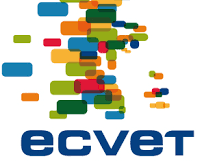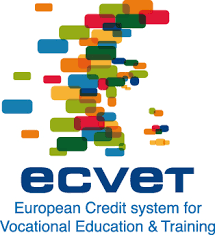Developing Digital Marketing Technologies and Practice Units

The Dutch Foundation of Innovation Welfare 2 Work (DFW2W) is currently developing the digital marketing distribution units for the project ECVET for Digital Publishing. We will provide learners an insight into the origins of Social Media through the technologies of Hypertext and the World Wide Web. They will learn how mobile apps and smart-phone services extend these platforms, how they make use of tracking data to target marketing campaigns, and the relationship between search and advertising.
ECVET for Digital Publishing Qualifications
The EfDP project will support the development of a suite of new credit-based Digital Publishing qualifications within the context of the European Qualification Framework (EQF) and related processes for European Credit Transfer for Vocational Education and Training (ECVET). The project will respond to the demand for digital skills within the publishing industry and related sectors by developing course curricula for a suite of new ECVET based Digital Publishing qualifications. The project EfDP will be creating a course that is EQF Level 5. Partners will need to research national QF levels. DFW2W will develop the Digital Marketing units for ECVET for Digital Pubishing. Each partner will have a different unit to formulate and manage. This is how the Units will be divided:

- Capacity London: Production
- Capacity Ireland: Content
- 3Si: Design
- DFW2W: Marketing & Distribution
- Villa Montesca: Business Models
What is ECVET?
ECVET is the acronym for European CREDIT system for Vocational Education and Training. ECVET is based on concepts and processes which are used in a systematic way to establish a common and user-friendly language for transparency, transfer and recognition of learning outcomes. Some of these concepts and processes are already embedded in many qualifications systems across Europe. ECVET aims to support recognition of learning outcomes without extending learners’ education and training pathways. ECVET is based on:
- Learning outcomes, which are statements of knowledge, skills and competence that can be achieved in a variety of learning contexts.
- Units of learning outcomes that are components of qualifications. Units can be assessed, validated and recognised.
- ECVET points, which provide additional information about units and qualifications in a numerical form.
- Credit that is given for assessed and documented learning outcomes of a learner. Credit can be transferred to other contexts and accumulated to achieve a qualification on the basis of the qualifications standards and regulations existing in the participating countries.
- Mutual trust and partnership among participating organisations. These are expressed in Memoranda of Understanding and Learning Agreements
